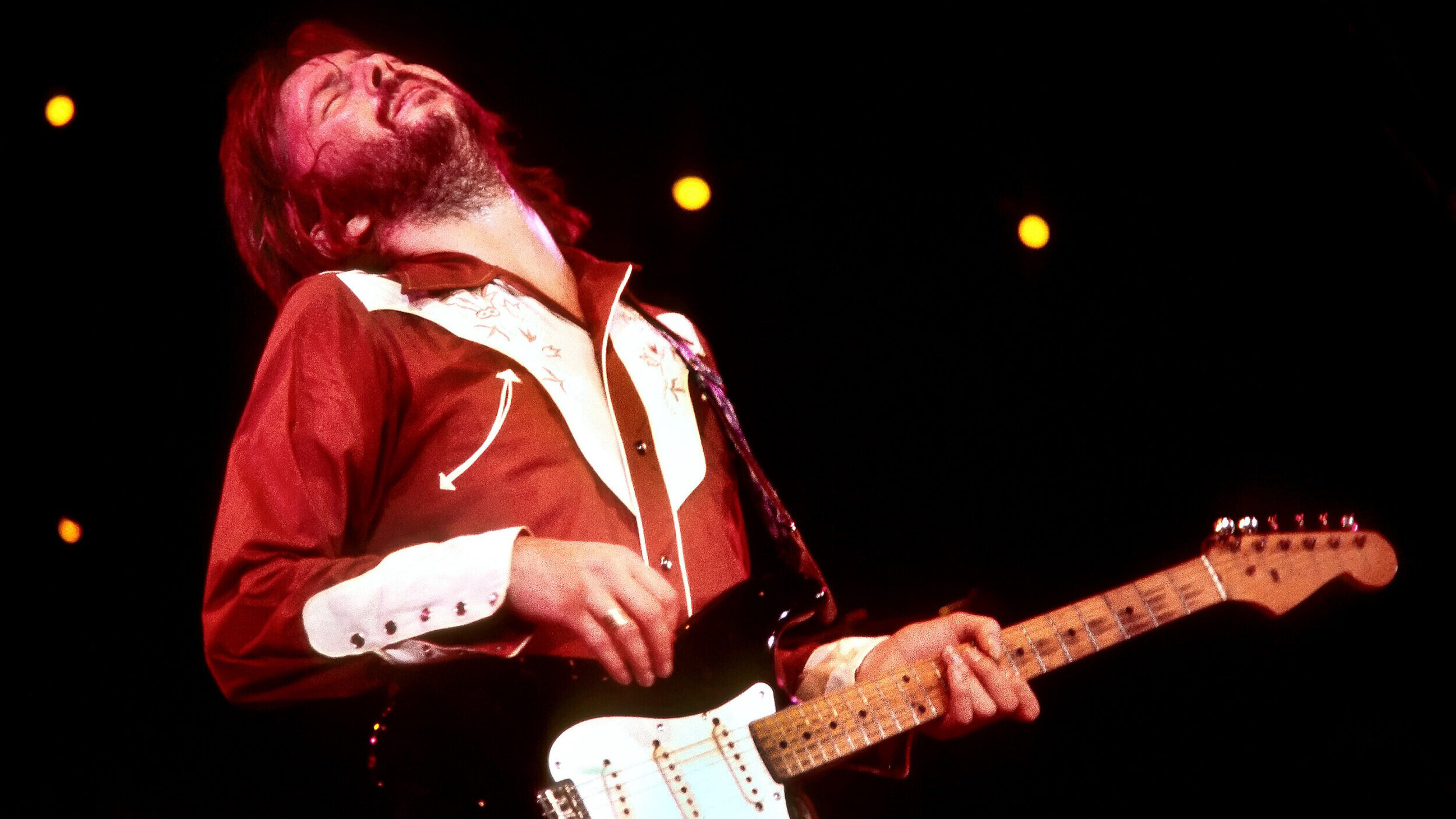Eric Clapton: Life in 12 Bars
Excoriating documentary on arguably the most acclaimed rock and blues guitarist of his generation.
In God we trust...
It helps, of course, if you like the music. After all, Eric Clapton has reinvented himself many times as a musician, while remaining arguably the most acclaimed rock and blues guitarist of his generation. It is not for nothing that his nickname is ‘God’. He was the artistic heart of The Roosters, The Yardbirds, John Mayall’s The Bluesbreakers, Cream, Blind Faith and Derek and the Dominos and he played with The Beatles, Bob Dylan, Aretha Franklin, J.J. Cale and B.B. King, among many others. Everybody, it seems, wanted a piece of him. He is the only musician to be inducted into the Rock and Roll Hall of Fame three times – as a member of The Yardbirds and Cream and as a solo artist. He was also a personal friend of Jimi Hendrix, George Harrison, B.B. King and countless other greats.
However, Lili Fini Zanuck’s linear and comprehensive documentary is also the story of a man, and a tortured one at that. And as a true-life tragedy, it is one of the most moving and harrowing musical biographies committed to film – right up there with Asif Kapadia’s Amy (2015).
At his lowest ebb, Eric Clapton found himself rejected by his own mother and spurned by the love of his life – Pattie Boyd, only to be followed by the death of his friend Jimi Hendrix. Then his heartfelt and deeply personal single ‘Layla’ was a flop which, in turn, was followed by the death of his father. Around this time he told Steve Turner of Rolling Stone: “I don’t like life – and I’m not going to live very long.” The self-abuse that ensued should, indeed, have killed him. He took to heroin and, when he managed to pull himself out of that self-destructive rut, he ploughed headlong into alcoholism. From February 1971 to June 1973 he became a recluse, only to emerge as a recalcitrant and humiliating figure on stage. On one shameful occasion he reiterated the National Front slogan "Keep Britain white!" and declared his support for Enoch Powell, even though, in a previous life, he had been a huge supporter of black music. On camera, he confesses, “The only reason I didn’t commit suicide was the fact that I wouldn’t be able to drink anymore because I was dead.” But Eric Clapton did pull through – and it was his little son Conor that gave him a reason to change – and to live. The musician turned his life around and doted on the boy. Then, on 20 March 1991, the four-year-old Conor Clapton walked out of a window on the 53rd floor of a New York building…
Lili Fini Zanuck, whose only other directorial credit is the 1991 crime drama Rush, which was scored by Clapton, is best known as the producer of Driving Miss Daisy and Cocoon. But good producers make good documentarians because they have the prowess to secure the footage and personal contacts required. An all-star cast turns up for Clapton’s story, if only as the background players of someone else’s story. Pattie Boyd, the widow of George Harrison and Clapton’s object of desire, talks at length (off-screen) of her relationship with Clapton. And Clapton himself pretty much narrates his own story. As such, it is a punishingly frank and self-excoriating biography, recalling Jake LaMotta’s personal commitment to Raging Bull, Scorsese’s brutal, uncompromising film about him. Here, no vice is left ignored and Clapton shares his shame with the whole world – hoping, perhaps, that others might not follow his path.
JAMES CAMERON-WILSON
Featuring Eric Clapton.
Dir Lili Fini Zanuck, Pro John Battsek, Stephen 'Scooter' Weintraub and Larry Yelen, Screenplay Stephen 'Scooter' Weintraub and Larry Yelen, Ed Chris King, Music Gustavo Santaolalla.
Zanuck Company/Passion Pictures-Altitude.
133 mins. UK. 2017. Rel: 12 January 2018. Cert. 15.


